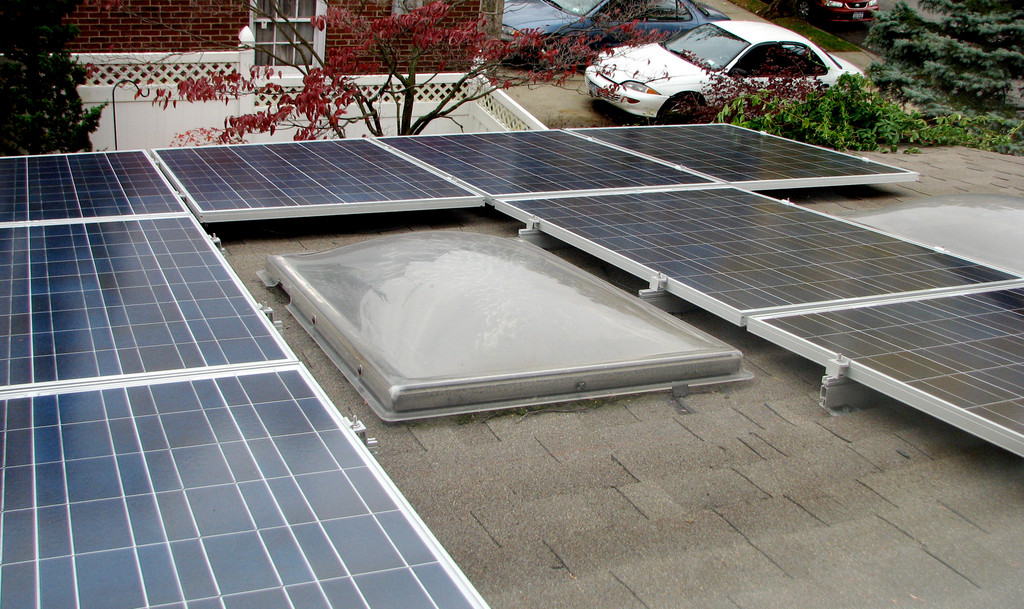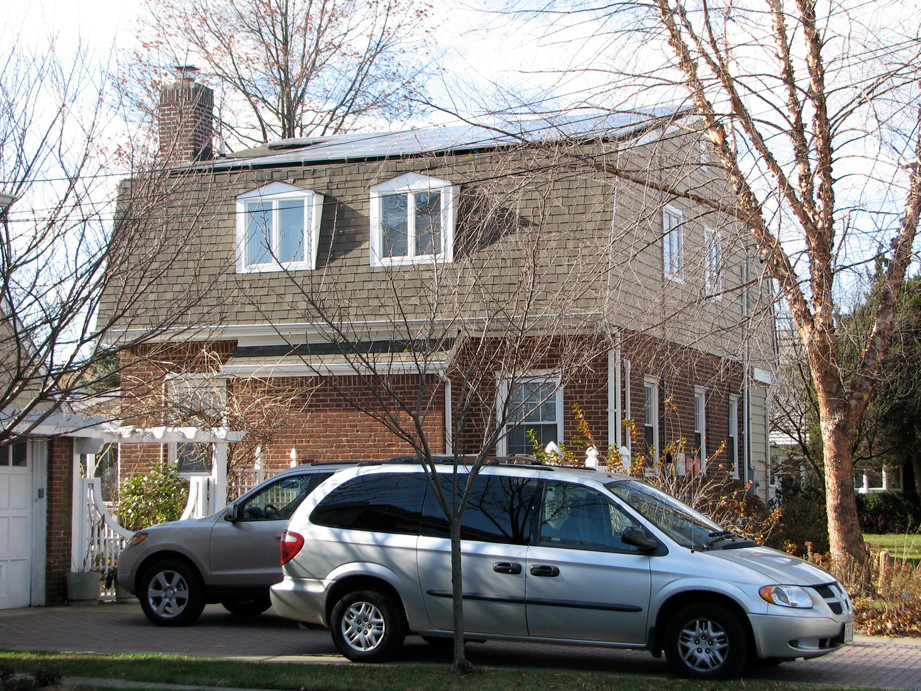Go green: it could cut your bill
Five years ago, Franklin Square resident Bill Youngfert decided he wanted to do something positive for the environment — and save a little money, too. After receiving a free solar panel assessment, Youngfert installed solar panels on his home, and he has been witnessing an incredible savings on his electric bill ever since.
“We wanted to do this for the environment, and to help reduce our carbon footprint,” Youngfert said. “The big savings are happening already for us.”
Currently, Youngfert’s electric bills vary from $5 to $80 a month; before installing the panels, his bills ranged between $180 to $250, he said. In the summertime, when he and his wife usually take a vacation, the system keeps working, building up credits for when they return, he said. The surplus of power goes back to LIPA through the power lines, and his electric bill is credited, he explained.
Youngfert received a free solar panel assessment from a Long Island solar panel company — a service most solar companies provide to see if installation would be advantageous for customers. If a home or commercial building is able to receive a large amount of sunlight, solar panel installation can significantly reduce monthly electric bills; if not, the costly installment wouldn’t be worth the hassle, he explained.
“They spent at least four hours tracking the path of the sun, and the path of shade on the roof, to see how big a system we could put in,” Youngfert said. “Not every home is ideal for a solar panel system. If the house and roof are old, it would not be good to have a solar system on the roof, and it wouldn’t be good if the house is shaded too much.”
Mike Diehl, owner of Cantiague Electric and a member of the North American Board of Certified Energy Practitioners, said homes or buildings that benefit most from solar panels are those with roofs facing the sun to the south. Properties with east- and west-facing roofs are second best for solar panel installation, Diehl added. Homes with only north-facing roofs are not ideal candidates for solar panels, he said.

 78.0°,
Mostly Cloudy
78.0°,
Mostly Cloudy 







